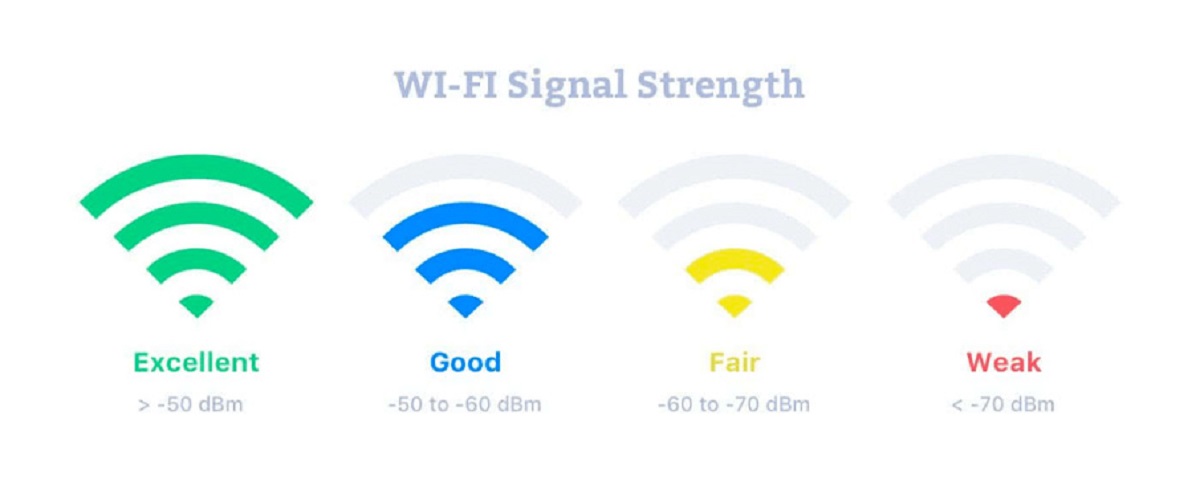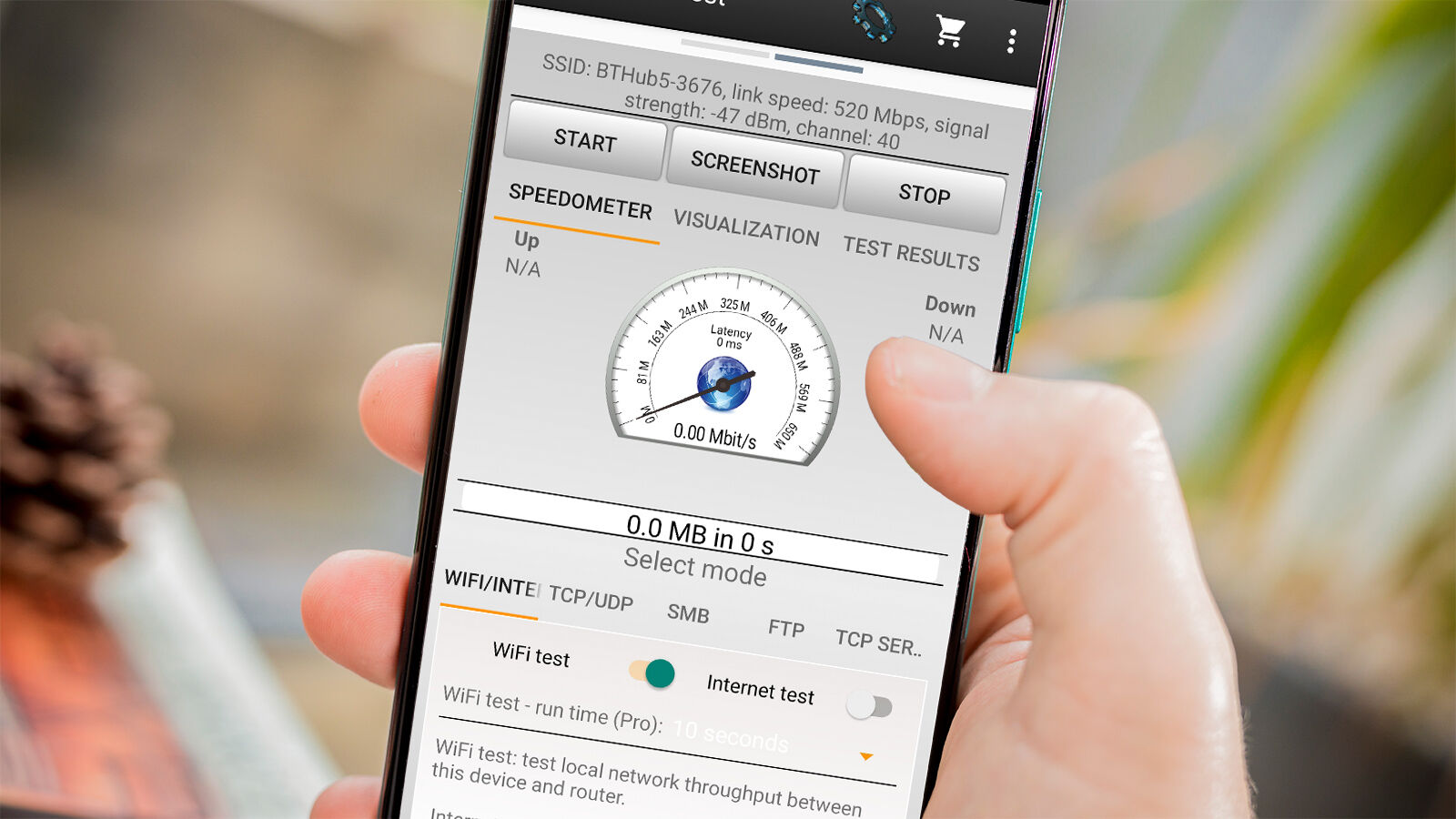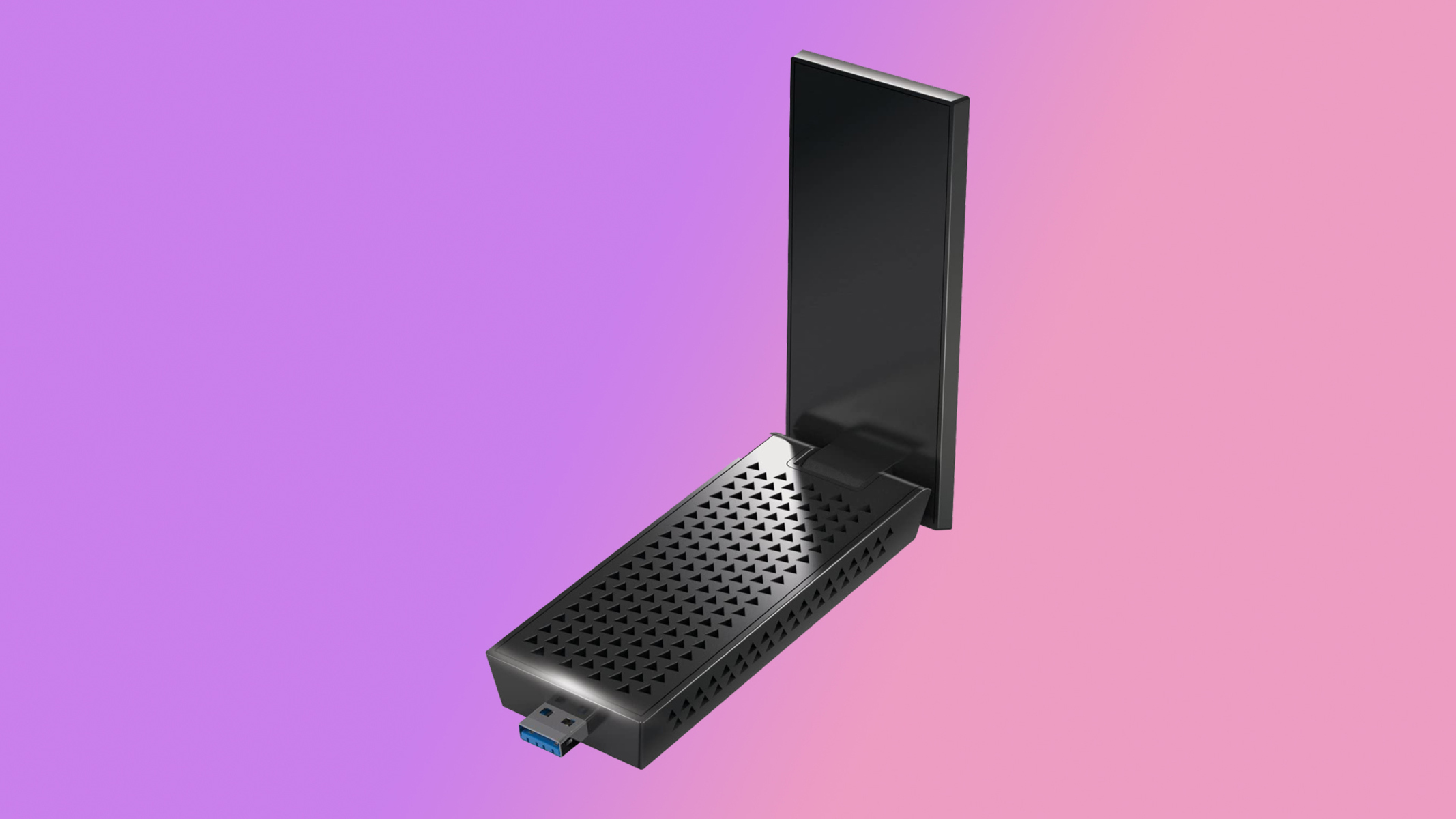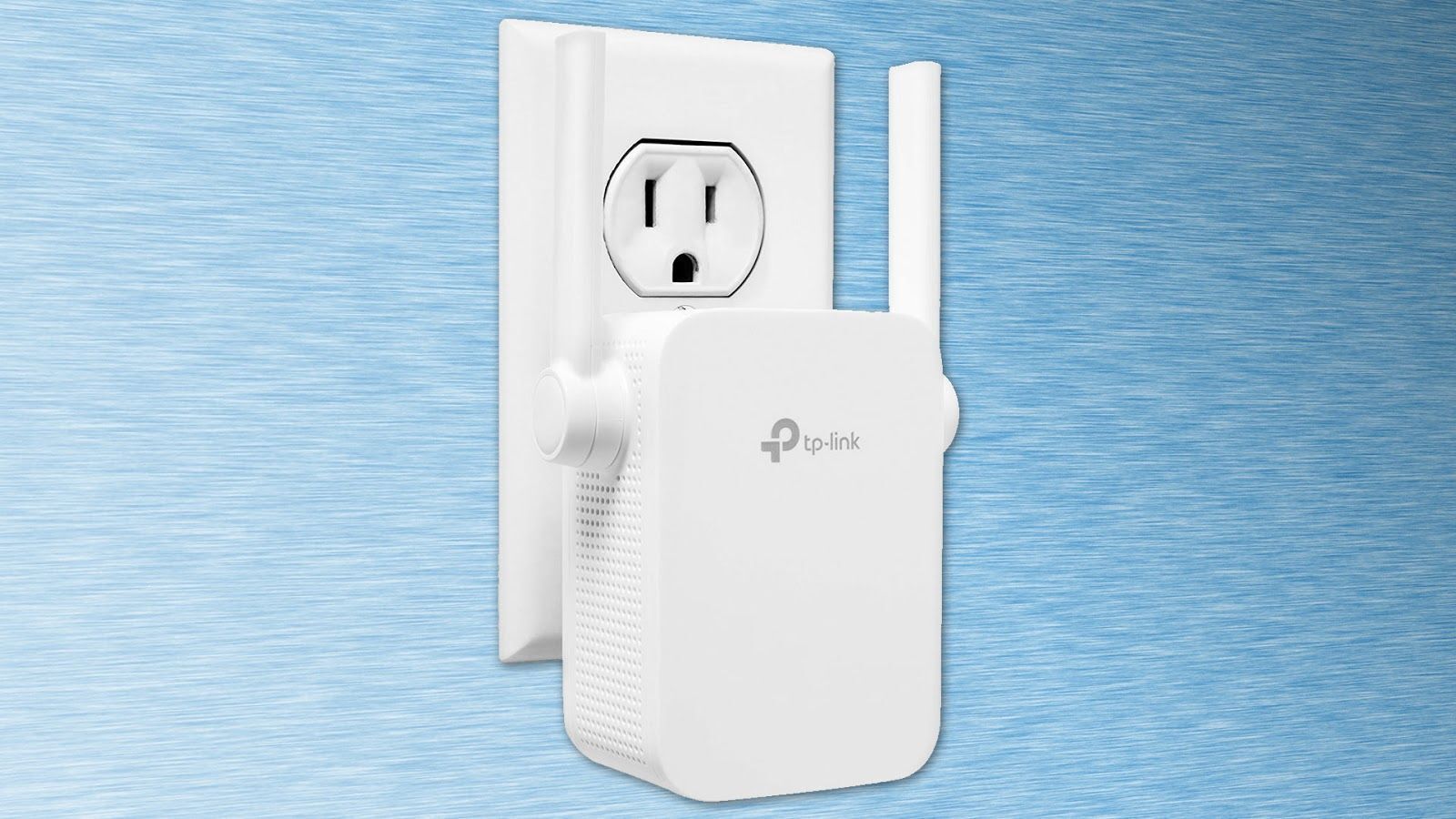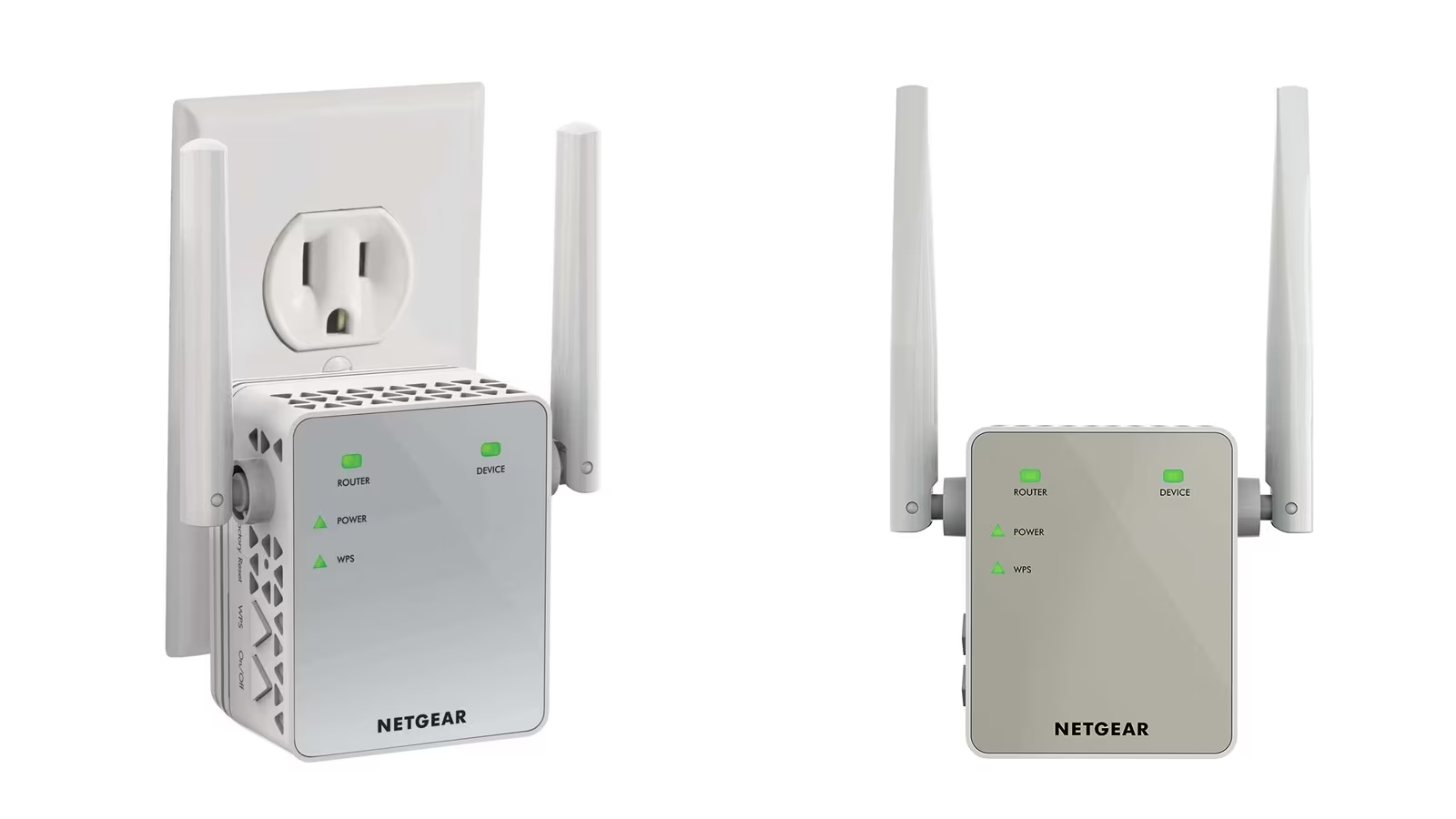Why Wifi Signal Strength Is Important
A strong wifi signal is essential for a smooth and uninterrupted internet experience. Whether you’re browsing the web, streaming movies, or playing online games, a good wifi signal ensures fast and reliable connectivity. Here are a few reasons why wifi signal strength is important:
- Connection Stability: A weak wifi signal can lead to frequent disconnections and dropouts, causing frustration and interruptions during important tasks. With a strong wifi signal, you can enjoy a stable and consistent connection without any disruptions.
- Internet Speed: Wifi signal strength directly affects the speed at which you can browse websites, download files, and stream media. A stronger signal means faster data transfer rates, enabling you to access online content quickly and efficiently.
- Device Performance: Your devices, such as smartphones, laptops, and smart TVs, rely on a strong wifi signal to function optimally. When the signal strength is low, the performance of these devices may suffer, leading to sluggish loading times, buffering issues, and decreased overall productivity.
- Signal Range: A stronger wifi signal allows for better coverage throughout your home or office. This means you can access the internet from any room without experiencing signal drops or dead zones. It also ensures better signal penetration through walls and floors, providing a seamless wireless experience in every corner of your space.
Having a good wifi signal is crucial for productivity, entertainment, and even communication. Whether you’re working from home, video conferencing, or simply trying to relax with your favorite shows, a strong and reliable wifi signal keeps you connected and prevents frustrating interruptions. It is therefore important to understand how wifi signal strength is measured and what factors can affect it, which we will explore in the following sections.
How Wifi Signal Strength Is Measured
Wifi signal strength is measured using a metric called RSSI (Received Signal Strength Indicator). RSSI is represented in dBm (decibel-milliwatts) and indicates the power level of the received wifi signal. The higher the RSSI value, the stronger the signal.
Most devices, such as smartphones, laptops, and routers, provide an interface or software that displays the current RSSI value. This value is usually accompanied by a corresponding signal strength indicator, such as bars or percentage, to give users a visual representation of the signal quality.
It’s important to note that RSSI alone does not provide a complete picture of the wifi signal quality. Other factors, such as noise, interference, and signal-to-noise ratio (SNR), also play a significant role in determining the overall signal strength and reliability.
Signal strength indicators typically range from excellent to poor or very weak. These indicators give users a general idea of the signal quality and help identify areas where the signal might be weaker. However, it is important to remember that these indicators can vary between devices and manufacturers, so it’s always best to refer to the actual RSSI value for accurate measurements.
Additionally, some advanced wifi analysis tools provide more detailed information about wifi signal strength, such as signal-to-noise ratio (SNR), channel utilization, and channel overlap. These tools are particularly useful for troubleshooting wifi problems and optimizing signal strength in crowded or congested areas.
In the next section, we will delve deeper into understanding wifi signal strength levels, including what is considered a good wifi signal strength and the factors that can affect it.
Understanding Wifi Signal Strength Levels
Wifi signal strength levels can vary depending on numerous factors, including the distance between the device and the router, the presence of obstacles like walls or furniture, and the level of interference from other electronic devices or neighboring networks. Understanding these signal strength levels can help you determine the quality of your wifi connection. Here are some common signal strength levels:
- Excellent: When the signal strength is excellent, it means that the RSSI value is high, indicating a very strong and reliable wifi connection. This level is typically associated with little to no packet loss and fast download and upload speeds.
- Good: A good signal strength level signifies a reliable wifi connection with a satisfactory RSSI value. While it may not be at the highest level, it still provides stable performance with minimal interruptions.
- Fair: A fair signal strength level suggests that the wifi connection is somewhat weak. You may experience occasional dropouts or fluctuations in speed. This level may be influenced by factors like distance from the router or the presence of obstacles.
- Poor: A poor signal strength level indicates a significantly weaker wifi connection. You may encounter frequent disconnections, slow speeds, and difficulties in connecting to the network. It is advisable to troubleshoot and improve the signal strength in this case.
- Very Weak: When the signal strength is very weak, it means that the wifi connection is extremely poor or virtually non-existent. You may be unable to connect to the network or experience constant disconnections. Measures need to be taken to improve the signal strength in this scenario.
It’s worth noting that signal strength levels can be subjective, and what may be considered good or excellent for one person may differ for another. The ideal signal strength level depends on your specific needs, such as the type of online activities you engage in, the distance between devices, and the size of your living or working space.
In the next section, we will explore the factors that can affect wifi signal strength and how they can impact your internet experience.
Factors that Can Affect Wifi Signal Strength
Several factors can impact the strength and quality of your wifi signal. Understanding these factors can help you identify and resolve any issues that may be affecting your wifi connection. Here are some common factors that can affect wifi signal strength:
- Distance from the Router: The farther you are from the wifi router, the weaker the signal strength will be. Walls, floors, and other obstacles can further reduce the signal strength, especially if they are made of materials that block or interfere with wifi signals.
- Interference: Other electronic devices, such as cordless phones, microwave ovens, and Bluetooth devices, can cause interference and disrupt the wifi signal. Additionally, neighboring wifi networks operating on the same or nearby channels can also interfere with your wifi signal.
- Channel Congestion: Wifi routers operate on different channels, and if many routers in the vicinity are using the same channel, it can lead to congestion and interference. Switching to a less crowded channel can improve signal strength and reduce interference.
- Router Placement: The placement of your router plays a significant role in signal strength. Placing the router in a central location, away from walls and obstructions, can help ensure that the wifi signal covers a larger area with minimal interference.
- Wifi Network Settings: Incorrect configuration of wifi network settings, such as using outdated security protocols or having conflicting network settings, can impact signal strength. Ensuring the router has the latest firmware updates and optimizing network settings can help improve signal quality.
- Hardware Limitations: Older or low-quality routers and devices may have limitations in signal transmission power, which can result in weaker signal strength. Upgrading to a newer and more capable router or using wifi extenders can help boost signal strength.
Identifying and addressing these factors can significantly improve your wifi signal strength and ensure a reliable and fast internet connection. In the next section, we will discuss how to check wifi signal strength and monitor its performance.
How to Check Wifi Signal Strength
Checking your wifi signal strength can help you understand the quality of your connection and identify potential issues. Here are a few methods to check wifi signal strength:
- Signal Bars: Many devices, such as smartphones and laptops, display signal bars to indicate the wifi signal strength. More bars typically indicate a stronger signal, while fewer bars suggest a weaker signal. However, keep in mind that signal bars can be subjective and may vary between devices.
- Router Interface: Accessing your router’s web interface can provide more detailed information about wifi signal strength. You can typically do this by entering the router’s IP address into a web browser and logging in with the admin credentials. The interface may display the RSSI value or signal strength percentage, allowing you to assess the strength of your wifi signal.
- Wifi Analyzer Apps: Wifi analyzer apps are available for both Android and iOS devices, which provide a comprehensive analysis of your wifi network. These apps show the wifi signal strength, signal quality, channel utilization, and even provide recommendations to optimize your network setup. Popular wifi analyzer apps include NetSpot, WiFi Analyzer, and Acrylic WiFi for Windows.
- Command Line Tools: Advanced users can utilize command line tools such as Netsh (Windows) or iwconfig (Linux) to check wifi signal strength. These tools provide detailed information about signal strength, noise levels, and other network parameters.
By using these methods, you can gain insights into your wifi signal strength and make informed decisions about improving it. Monitoring your signal strength regularly can help you troubleshoot any issues and maintain a reliable internet connection.
Now that we’ve covered how to check wifi signal strength, let’s explore what is considered a good wifi signal strength in the next section.
What Is Considered a Good Wifi Signal Strength
A good wifi signal strength depends on the specific requirements and usage scenarios. However, there are general guidelines to determine what is considered a good wifi signal strength. Signal strength is usually measured in dBm (decibel-milliwatts), where a higher value indicates a stronger signal. Here are some typical ranges for wifi signal strength:
- -30 dBm to -50 dBm: This signal range is excellent and represents a very strong wifi signal. You can expect fast speeds and high reliability with minimal interference.
- -51 dBm to -60 dBm: This range is considered good and indicates a strong signal strength. You can still enjoy fast speeds and reliable connectivity for most online activities.
- -61 dBm to -70 dBm: Signal strength in this range is considered fair. While you may still have a reliable connection, there could be some occasional dropouts or slower speeds, especially for bandwidth-intensive activities.
- -71 dBm to -90 dBm: This range indicates a weak signal strength. You may experience frequent disconnections, slow speeds, and difficulty connecting to the network in this range.
- -91 dBm and below: Signal strength in this range is considered very weak or practically non-existent. You may struggle to establish a stable connection or experience constant interruptions.
Keep in mind that these signal strength ranges can vary depending on factors such as the type of router, the capabilities of your devices, and the specific environment. It is essential to consider the signal-to-noise ratio (SNR) and other factors that can affect wifi performance to get a better understanding of the overall signal quality.
If you consistently experience weak wifi signal strength, it may be worth considering optimizing your network setup or using range extenders to improve coverage. Additionally, positioning your devices closer to the router or avoiding interferences can also help enhance the signal strength.
In the next section, we will discuss some practical tips to improve wifi signal strength and enhance your internet experience.
How to Improve Wifi Signal Strength
If you are experiencing weak wifi signal strength, there are several steps you can take to improve it and enhance your internet experience. Here are some practical tips to boost your wifi signal strength:
- Reposition your router: Place your router in a central location within your home or office. This helps ensure that the wifi signal is evenly distributed and reaches all areas. Avoid placing the router near walls, floors, or other obstructions that can interfere with signal transmission.
- Reduce interference: Keep your router away from other electronic devices that can cause interference, such as cordless phones, microwave ovens, and Bluetooth devices. Additionally, ensure that your router is operating on a less congested wifi channel to minimize interference from neighboring networks.
- Upgrade your router: Consider upgrading to a newer and more powerful router that offers better signal transmission capabilities. Look for routers with higher transmit power and multiple antennas for improved coverage and performance.
- Use a wifi range extender or repeater: These devices can help extend the range of your wifi signal by amplifying and retransmitting it. Place the range extender strategically between your router and the areas with weak signal strength to enhance coverage.
- Optimize wifi network settings: Ensure that you have the latest firmware updates for your router and use modern wifi standards, such as 802.11ac or 802.11ax, to take advantage of faster speeds and improved signal quality. Additionally, adjusting settings like transmission power and channel width can also optimize signal performance.
- Use a wireless mesh network: A wireless mesh network consists of multiple interconnected routers or access points that provide seamless wifi coverage throughout your space. This can be particularly useful for larger homes or offices where a single router may not provide adequate coverage.
Implementing these tips can help improve your wifi signal strength and provide a more reliable and robust internet connection. Experiment with different solutions and find the one that works best for your specific setup and requirements.
After following these steps, you should notice a significant improvement in your wifi signal strength, ensuring smoother browsing, faster downloads, and uninterrupted streaming. In the next section, we will summarize the main points covered in this article.
Conclusion
Wifi signal strength plays a crucial role in maintaining a fast, stable, and reliable internet connection. Whether you’re browsing the web, streaming content, or working remotely, having a good wifi signal strength ensures a seamless online experience. In this article, we discussed why wifi signal strength is important and how it is measured using metrics like RSSI. We also explored the different levels of wifi signal strength and what is considered good, fair, or poor.
We looked at various factors that can affect wifi signal strength, such as distance from the router, interference from other devices, and channel congestion. By understanding these factors, you can address issues that might be impacting your wifi connection and take appropriate measures to improve the signal strength.
We also provided practical tips on how to check wifi signal strength using signal bars, router interfaces, or dedicated wifi analyzer apps. Monitoring your wifi signal strength regularly can help you identify problems and make informed decisions to optimize your network setup.
Additionally, we discussed ways to improve wifi signal strength, including repositioning your router, reducing interference, upgrading your equipment, using range extenders or repeaters, optimizing network settings, and considering a wireless mesh network. By implementing these strategies, you can enhance the coverage, speed, and overall performance of your wifi connection.
Remember that wifi signal strength can vary depending on your specific environment and requirements. It’s important to assess your individual needs and adjust your network accordingly. With a strong and reliable wifi signal, you can enjoy uninterrupted internet access and make the most of your online activities.
By following the guidelines and utilizing the tips provided in this article, you can improve your wifi signal strength and enjoy a seamless internet experience. Stay connected, productive, and entertained with a robust wifi connection that meets your needs.







